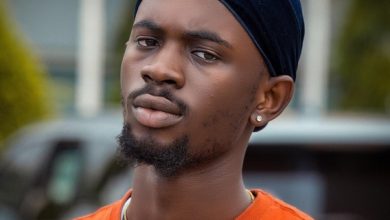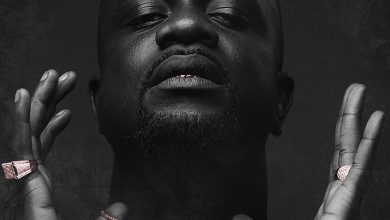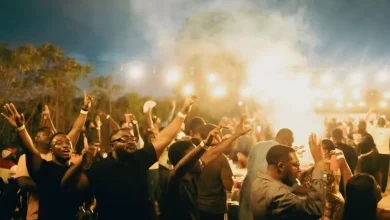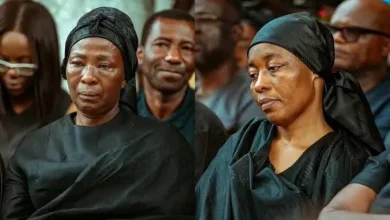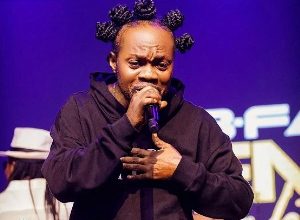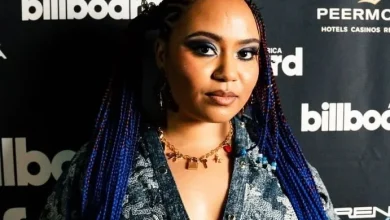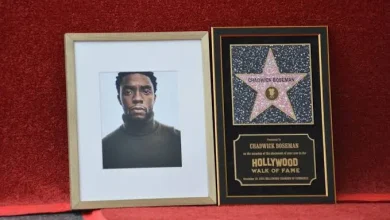Government Commits to Assisting Daddy Lumba’s Bereaved Family
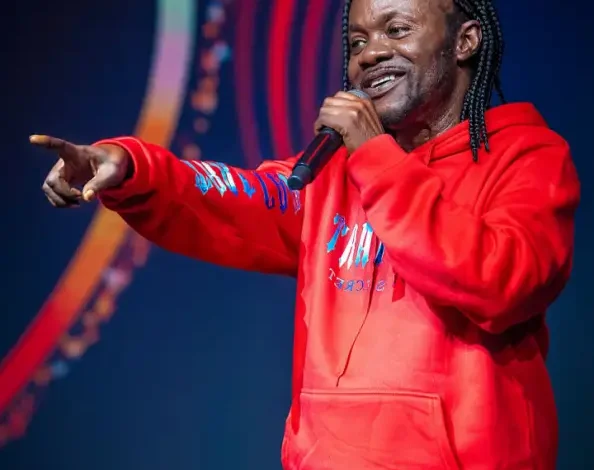
The government has pledged its support to the family of late highlife legend Charles Kojo Fosu, popularly known as Daddy Lumba, as preparations for his final rites begin.
During a courtesy call by the family of the iconic musician at the Jubilee House on Monday, August 25, Chief of Staff Julius Debrah assured the bereaved family of the state’s involvement in honouring the late artiste, who he said deserved a dignified farewell.
“If money could save a life, we would have found a way. This is not just a loss for the family, but for the entire nation… As a government, we will support the family in this difficult time,” he said.
Mr Debrah paid glowing tribute to the singer, describing his passing as a significant national loss.
He acknowledged Daddy Lumba’s extraordinary influence on Ghanaian music and culture, noting that his work went beyond entertainment to touch lives across all walks of life.
“The President loved Daddy Lumba’s songs. When he sits in his car and sings along his songs, you’d be amazed — so this is a great loss to us all. I can’t sing like that, so you can see there was a special connection.”
“His songs touched all of us — whether we were sad or happy. Daddy Lumba made a lasting impact. We can’t say we won’t honour him, especially considering how well he honoured Ghana with his music.”
The visit formed part of traditional customs to formally inform the government of the musician’s passing and initiate discussions around funeral arrangements and potential state support.
Daddy Lumba, who died in July at The Bank Hospital in Cantonments, Accra, was widely regarded as one of Ghana’s most celebrated musical icons. His death has sparked a wave of tributes from musicians, fans, and national figures.
With a career spanning over three decades, Lumba released more than 30 albums and gave Ghanaians unforgettable hits such as ‘Aben Wo Ha,’ ‘Theresa,’ ‘Yentie Obiaa,’ and ‘Playboy.’
Born on September 29, 1964, he first rose to fame in the 1980s as part of the Lumba Brothers, a duo with Nana Acheampong, before launching a successful solo career that redefined the highlife genre.
His lyrical depth, soulful voice, and innovative sound earned him a loyal following and cemented his legacy in Ghana’s musical history.



